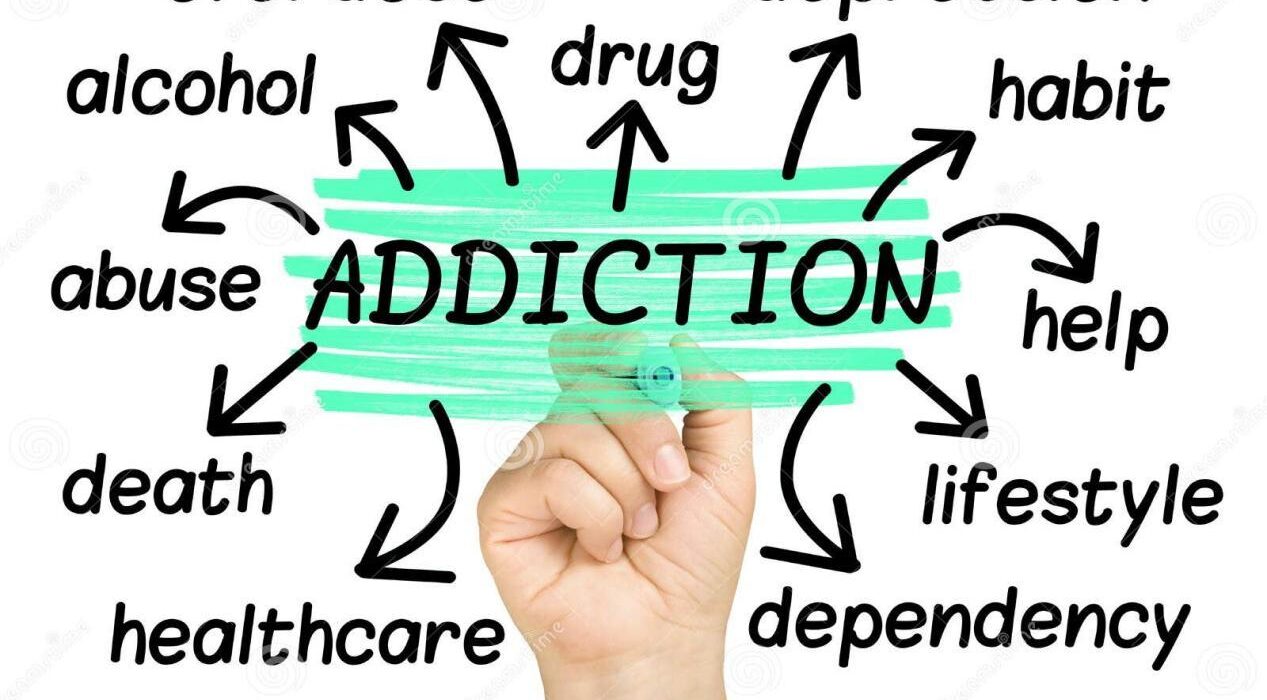Addiction is a complex and multifaceted condition that affects millions of individuals worldwide. While the physical aspects of addiction are often readily apparent, the underlying thinking patterns and behaviors that contribute to addiction can be more subtle and insidious. In this article, we delve into the common thinking patterns observed in substance abuse addiction, shedding light on the psychological mechanisms that drive addictive behavior.
The Cycle of Addiction
Addiction is characterized by a compulsive and uncontrollable urge to engage in substance abuse despite negative consequences. This cycle of addiction is perpetuated by a combination of biological, psychological, and social factors, which interact to create a powerful and reinforcing pattern of behavior.
At the heart of addiction lies a complex interplay of thoughts, emotions, and behaviors that serve to maintain the addictive cycle. These thinking patterns, often referred to as cognitive distortions, play a central role in shaping the individual’s perception of themselves, their environment, and their relationship to substances.
Common Thinking Patterns in Addiction
Denial and Rationalization: One of the hallmark features of addiction is denial, wherein the individual minimizes or dismisses the severity of their substance abuse problem. Rationalization is another common defense mechanism employed by individuals with addiction, wherein they justify their behavior through elaborate explanations or excuses.
Escapism and Avoidance: Many individuals turn to substances as a means of escaping from unpleasant emotions or stressful situations. This pattern of escapism and avoidance can lead to a cycle of dependency, wherein the individual relies on substances to cope with life’s challenges rather than confronting them directly.
Magical Thinking: Individuals with addiction may engage in magical thinking, wherein they believe that their substance abuse has no consequences or that they possess special abilities to control their use. This form of distorted thinking can perpetuate the addictive cycle by fostering a false sense of security and invincibility.
Black-and-White Thinking: Addiction often involves rigid and polarized thinking, wherein individuals view their behavior in extremes of “all or nothing.” This black-and-white thinking can lead to feelings of hopelessness and defeat, as individuals struggle to see beyond their addiction and envision a life without substances.
Self-Deception and Self-Sabotage: Addiction is characterized by a profound sense of shame and self-loathing, which can lead individuals to engage in self-deceptive behaviors and self-sabotage. This may manifest as a pattern of self-destructive behaviors, such as sabotaging relationships, neglecting responsibilities, or engaging in risky behaviors.
Breaking the Cycle of Addiction
Breaking free from the cycle of addiction requires a willingness to confront and challenge these ingrained thinking patterns. Addiction treatment programs, such as those offered by facilities like Addiction Treatment Murfreesboro, provide individuals with the tools and support they need to identify and address these cognitive distortions effectively.
Through individual and group therapy sessions, individuals can explore the underlying beliefs and thought patterns that contribute to their addiction. Cognitive-behavioral therapy (CBT) and other evidence-based therapies help individuals develop healthier coping strategies and replace maladaptive thinking patterns with more adaptive ones.
In addition to therapy, holistic approaches to addiction treatment, such as mindfulness meditation, yoga, and art therapy, can also help individuals cultivate self-awareness and emotional regulation skills. These practices empower individuals to observe their thoughts and emotions without judgment and develop a greater sense of agency and control over their behavior.
The Importance of Aftercare
Recovery from addiction is an ongoing process that requires continued support and vigilance. After completing a formal treatment program, individuals are encouraged to participate in aftercare services, such as sober living homes, support groups, and outpatient therapy.
Addiction Treatment Murfreesboro recognizes the importance of aftercare in maintaining long-term sobriety and offers comprehensive aftercare planning services to support individuals as they transition back into their daily lives. These services provide ongoing support, accountability, and encouragement, helping individuals stay focused on their recovery goals and avoid relapse.
Conclusion
Addiction is not just a physical dependence on substances; it is also a complex interplay of thoughts, emotions, and behaviors that perpetuate the addictive cycle. By understanding the common thinking patterns observed in addiction, individuals can begin to unravel the psychological mechanisms that drive their behavior and take steps towards recovery.
Addiction treatment programs, such as those offered by Addiction Treatment Murfreesboro, provide individuals with the tools and support they need to challenge maladaptive thinking patterns, develop healthier coping strategies, and reclaim their lives from the grips of addiction.





